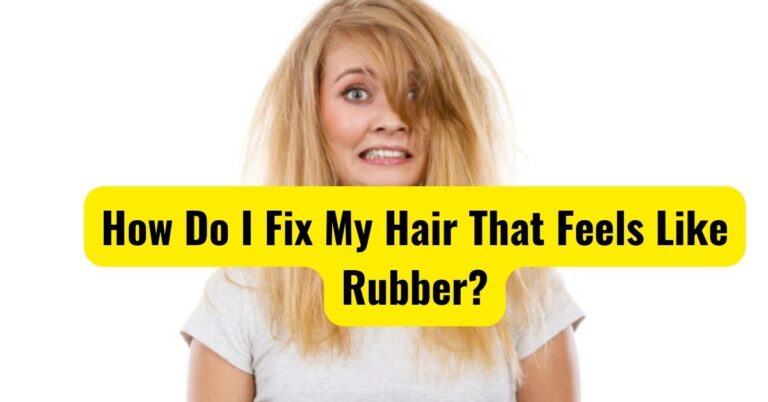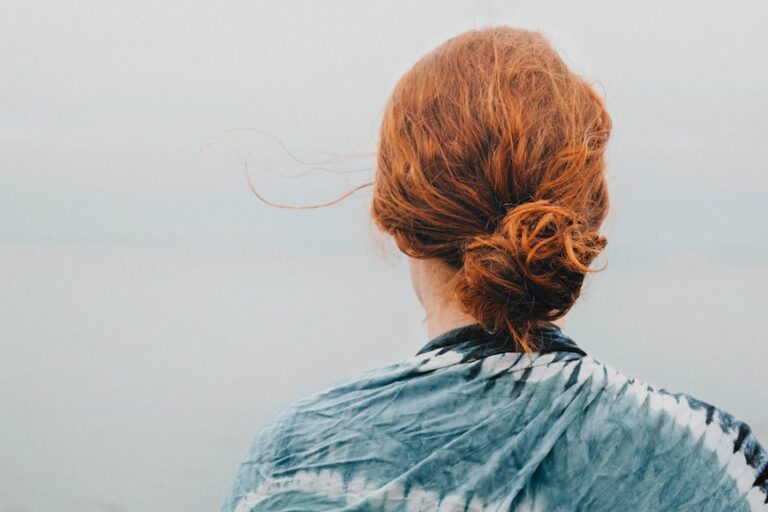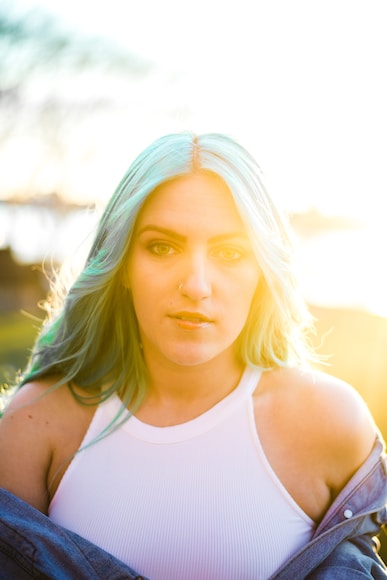Why Does Hair Get Darker With Age? [Explained]
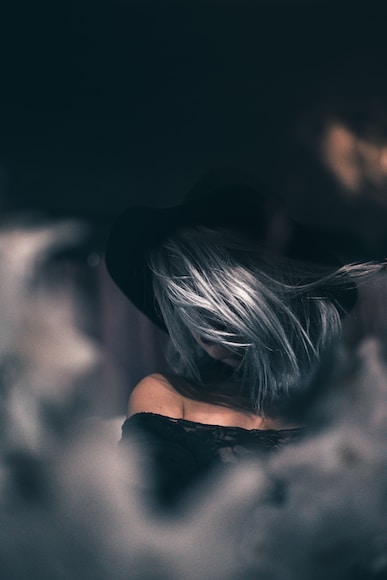
Picture this: you were once the blondest child in your kindergarten class, yet by the time you reached high school, your hair had transformed into a rich brunette shade.
If you’ve experienced this phenomenon, you’re certainly not alone. Many individuals notice that their hair undergoes a subtle metamorphosis, becoming darker as they advance in age.
This intriguing occurrence is far from arbitrary; it is rooted in the intricate science of melanin production—the natural pigments responsible for our hair, eye, and skin color.
In this article, we’ll explore genetics, melanin production, and environmental factors that all play pivotal roles in this transition. So, keep reading.
Why Does Hair Get Darker With Age?
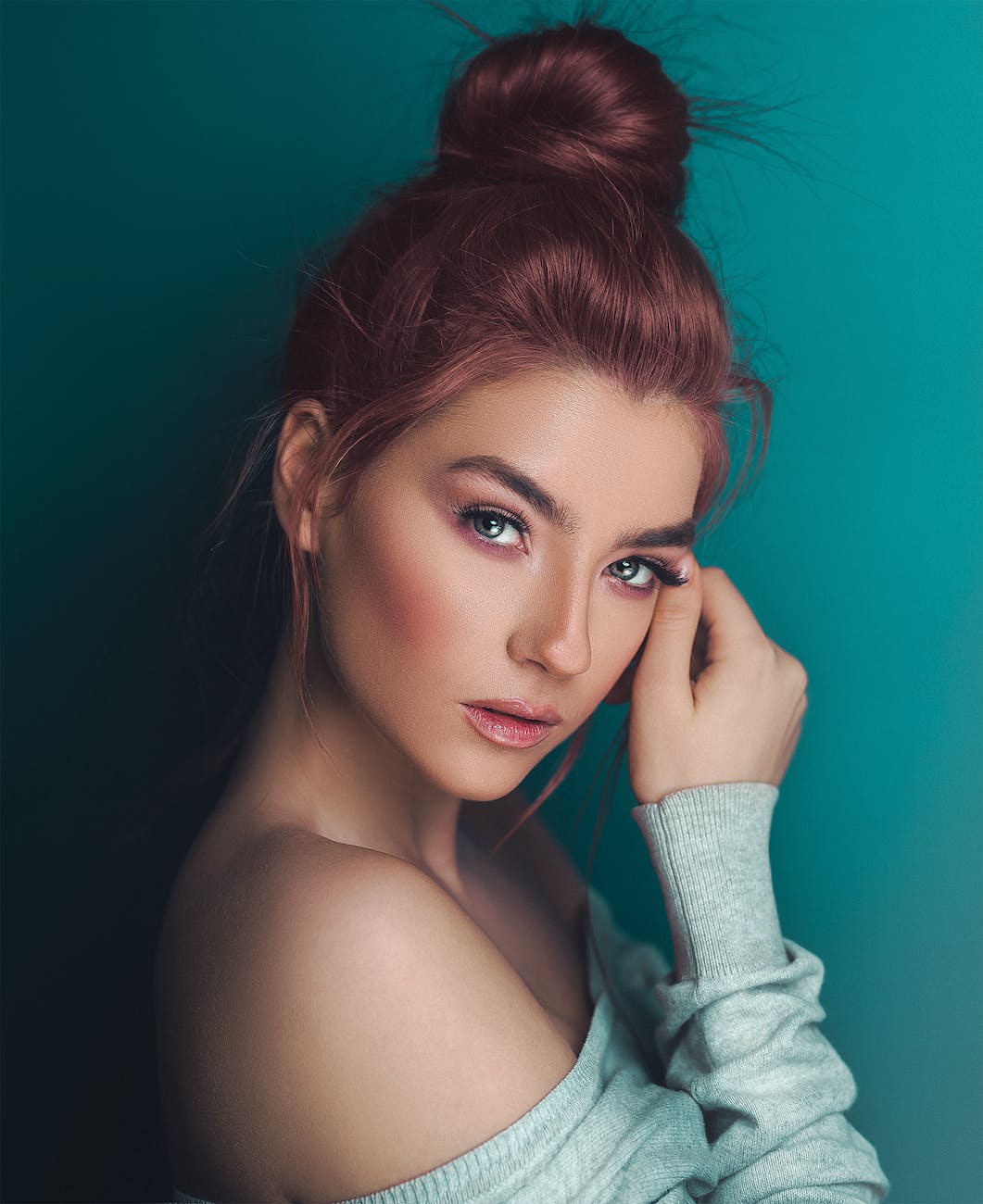
First and foremost, our genes largely dictate the color of our hair. From the moment we are conceived, our genetic makeup begins to map out our physical characteristics, including hair color. However, genetics is not a static player in this process.
Even as we age, our genes interact with other factors, resulting in changes in our hair color.
For example, there may be an increase in the production of eumelanin, the type of melanin responsible for brown and black pigments in the hair.
Over time, this increased production can lead to darker hair. It’s interesting to note that our hair color is not just determined at birth but can evolve as we grow older due to genetic instructions.
Read Also: Hair Getting Blonde Naturally– Reason and Solution
Melanin Production
Secondly, the natural pigment that gives color to our hair, skin, and eyes is melanin. Two types of melanin, eumelanin and pheomelanin, control the color of our hair.
Eumelanin makes hair brown or black, whereas pheomelanin results in blonde or red hair.
As we age, the balance of these melanins can shift.
It has been observed that in some people, the production of eumelanin increases with age.
This increase in eumelanin, which is darker, can lead to the darkening of hair color. Hence, the changing melanin levels can be a reason why hair gets darker with age.
Environmental Factors
Thirdly, external factors, or environmental influences, can also have a significant effect on hair color. Extended exposure to sunlight, certain chemicals, and pollutants can cause hair to darken.
These factors can strip away the outer layer of the hair strand, revealing the darker layers underneath.
Moreover, changes in nutrition and hormones, which are part of natural aging, can also affect hair color.
For instance, hormonal changes during puberty often lead to darkening of the hair. On the other hand, diet and specific nutrients can influence melanin production, indirectly affecting hair color.
Conclusion
In conclusion, the darkening of hair with age is a complex process involving several factors. It’s an interplay of genetics, melanin production, and environmental influences that lead to this change.
Therefore, if you’ve noticed your hair becoming darker as you age, don’t fret. It’s a perfectly natural process, part of the fascinating journey of growing older.
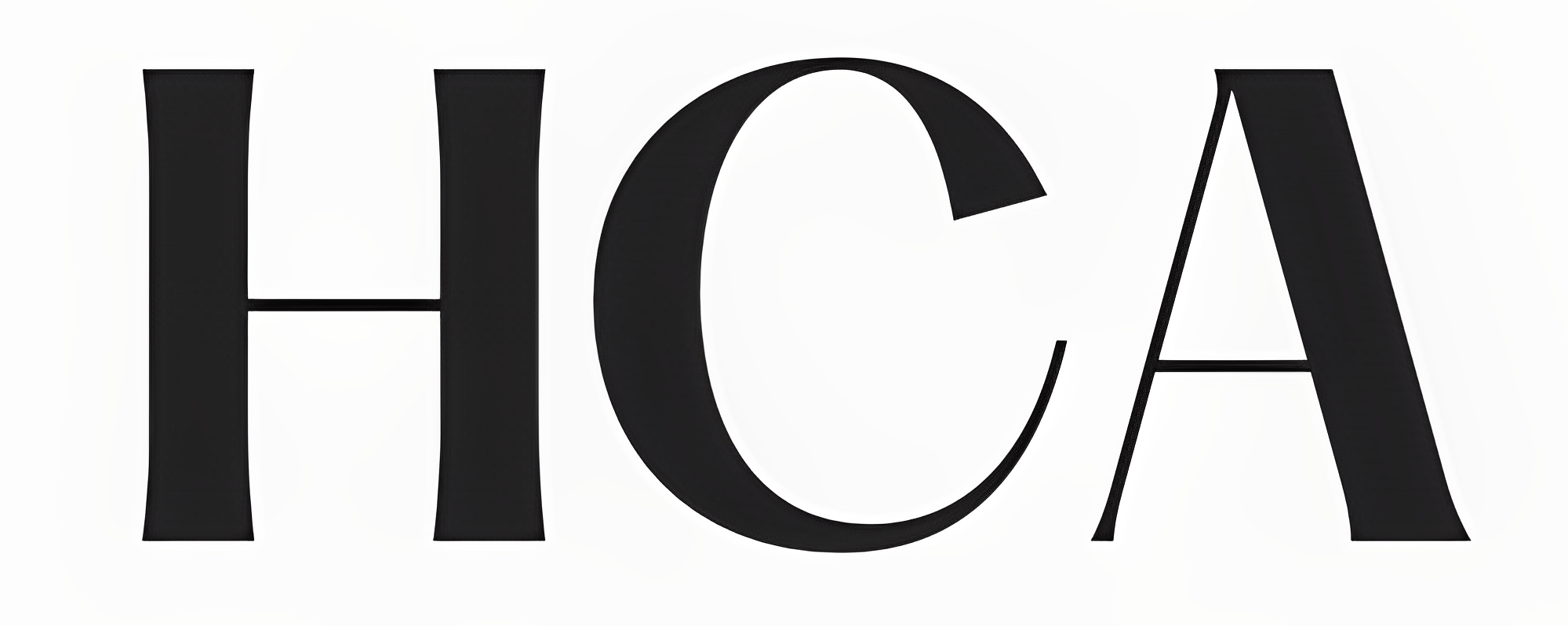
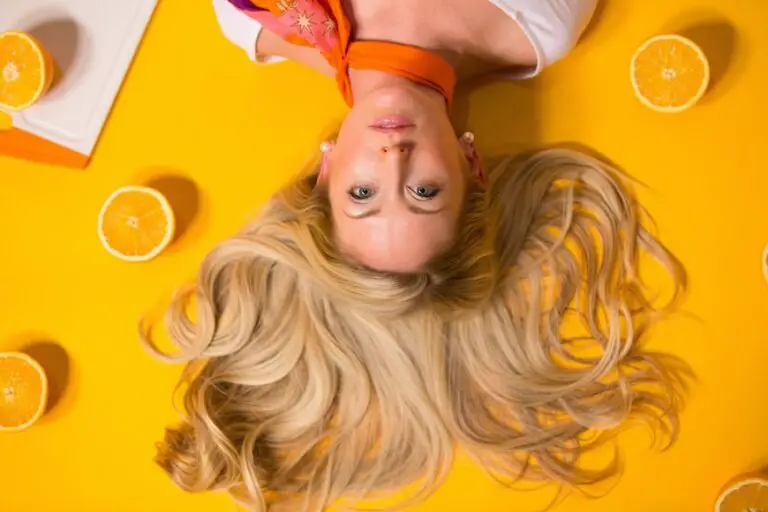
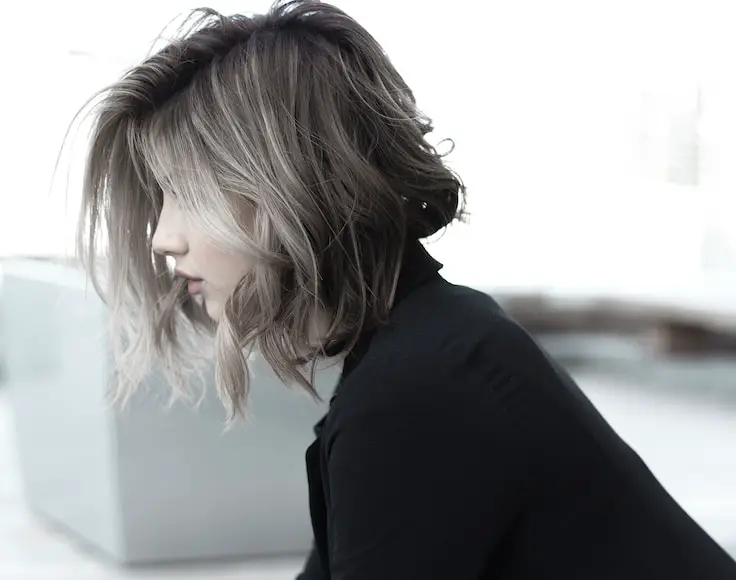
![Why Does My Hair Flip Up at the Ends? [Real Reason]](https://haircareaddiction.com/wp-content/uploads/2023/09/why-does-my-hair-flip-up-at-the-ends.jpg)
